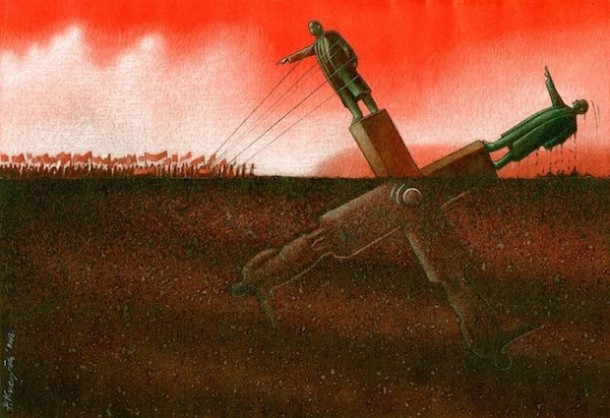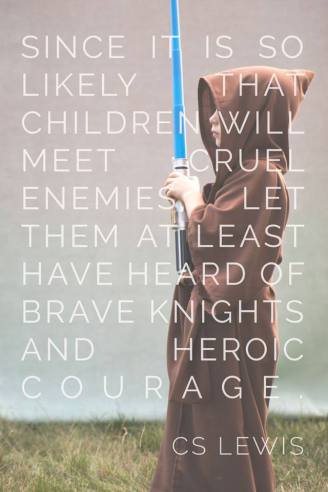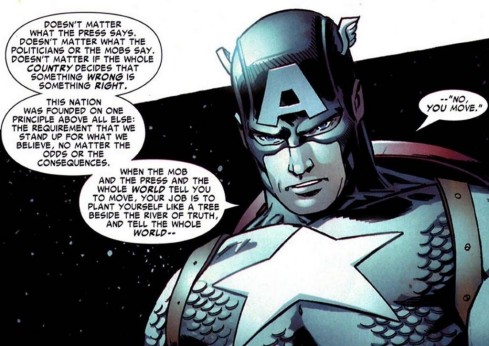Guest Post by Margo Frasier
February 14th used to be a reminder of the fact that I’ve never received flowers from any man but my father. In fact, Valentine’s Day is almost a trigger word among millennial single Christian women, causing a deluge of internet angst on waiting, wanting, and finding joy in the midst of waiting (while secretly wishing He would take this particular cup from you). That’s not what this article is about. A few years ago, God decided to deny me one of my many excuses for self-pity, and now, February 14th is a reminder of the brokenness of our present human relationships, forgiven regrets, and the hope at the end of it all.
If “falling in love” requires reciprocated affection, then I’ve only been in love once, but it was enough to know some things for certain. A break up is grief. Deciding to be “just friends” is a decision to lose that person. For months afterward, I ached for his arms and smell. The memory of his fingers stroking my palm was so strong I could still feel it, like my body had a permanent instant replay of any touch we shared. He wouldn’t leave my dreams be, and I would wake up in pain, the sorrow and sobs washing over me again with newness. It wasn’t just the physical affection I mourned. It was everything our caresses represented, the part of love that makes us human – the dreams, the laughing, the deep, unseen touch of soul against soul. The emotional and spiritual intimacy we shared was suddenly gone, and in its place only doubts, what-ifs, and words wished said and left unspoken. I was keenly aware of my vulnerability to anything that suggested him. Cheddar Ruffles, homemade pizza, a bench we sat on, a restaurant we ate in. Kryptonite to my resolve to truly let him go.
These confessions are raw, and perhaps, uncomfortable. But I also know that my journey through my first lost love is not singular.
Following Christ is, by His own definition, living out love. Love the Lord your God, and love your neighbor as yourself. Easily said. It sounds nice. Even people who aren’t particularly religious will admit that Jesus’ teachings are noble. Turn the other cheek. Forgive, seventy times seven.
But then, that love gets awful hairy when you have to put it into practice. Living it out is hard. After all, remember what love acts like? Patient. Kind. Gentle. Does not envy. Does not boast. Keeps no record of wrongs. Does not seek its own. Always hopes. Always perseveres. That’s a lot. And always is an awfully long time.
In “Christian” dating, love is a loaded word. Lots of couples promise not to say it until engagement. If any couple starts saying it too fast, they invite the judgement and tsk-tsking of family and friends. I used to be in the tsk-tsking camp. I was attracted to my boyfriend. I enjoyed being with him. I cared deeply about him. But love? I would never use such a loaded word.
And then we broke up. Maybe not forever. Just for a while. And suddenly I found myself praying a lot, saying things in that honesty that I was too self-righteous to admit before. “What do I do if I can’t love him anymore? That’s all I’ve been trying to do for our whole relationship. I want the best for him. I want him to grow – to be well and whole and strong in Christ. I want to help him be a great and godly man. But maybe I’m not right for him; maybe he’s not right for me.” I found myself struggling with the idea that, perhaps, despite our feelings, real, biblical obedience to our first Love might require saying goodbye.
Then he moved on. Forever “not a thing” was official. I was left still wanting his best, still wanting him to be well and strong and happy – still loving him. Grieving all the could-haves and should-haves, and knowing in my frontal cortex that this was better for everyone. But I still walked on the edge of tears for weeks. And the regrets lingered for months afterward. Remembering all the ways I hurt him. All of the promises broken. Wishing I could stop analyzing it. Wishing that for a moment this unbearable, crashing, breaking pain – this love – would disappear, even if all the memories had to go too.
This is where following Jesus gets hard. Our dating relationships are part of our new life in Christ, even our broken, regrettable ones. There are temporal and eternal ramifications. Sin mars even the good memories, and we often choose to wallow in it. But we don’t have to. The gospel means all the guilt and mistakes that come with failed relationships were buried with Christ. He died for it. If we confess our sin, He is faithful and just to forgive us our sin. We don’t have to live in it. We can ask the Lord to show us where we were wrong in the relationship, and repent. This could mean asking forgiveness if we’re able, but then, walking in His mercy and grace. Even if that means verbally rebuking the thoughts when all that guilt tries to come back.
It also means that, the other person, their sin has been buried with Christ too. While we may no longer be romantically attached, we are mandated to forgive. God is able to heal us where we were wounded and sinned against in the relationship. That’s a whole other article; but the point is, what is our responsibility toward them in Christ?
As I worked through the break-up with my boyfriend for over a year, I became convicted that my prayers for God to show me what to do with my love for him, uttered in my initial pain, were answered by 1 Corinthians 13. Love keeps no record of wrongs. As a believer, I can’t villian-ize my ex like the world does. I have a responsibility to forgive and to protect him from slander, even if it’s coming from my lips. Love does not envy. I can’t hate his new girlfriends, or worse, stalk them on Facebook. I had to let him go, mentally, emotionally, spiritually; that is kindness.
Love does not seek its own. As much as I wanted to tell my side of the story, to justify myself to our mutual friends and church family, that is not the way of love. I have to rest in the fact that God knows the entire truth; He sees my heart, forgives, and that has to be enough. And finally love always hopes. All those prayers I prayed for him weren’t wrong-headed. Perhaps they will come to pass after all. It is good and healthy to move on, but my attitude towards him should be anything but bitterness and resentment. The things is, hoping for his best, even passively, allows the sadness of our mutual brokenness to linger.
This is where our blessed hope comes to bear. Because if I love my ex in the 1 Corinthians kind of way, and we both love Jesus, we never truly get to forget each other. We are eternal, family forever, and someday we will again see each other face to face. Yet, on that day, sin will be gone forever, and all the shame, regret, and awkward will be gone too. We’ll stand before God as He meant us to be, and we can love each other perfectly in that perfect place where there is no marriage or giving in marriage. We will worship our King together, perhaps standing next to spouses we loved in a different way on earth, but, there, it won’t matter. We all, the entire Bride of Christ, will stand with unveiled faces before our Groom, forgiven, alive, and completely healed. Someday I will have all that was good and eternal in our relationship, and all the pain will be forgotten.
A break-up is grief. A decision to lose that person, to cut all earthly ties. But we are not bereaved. And we will be restored.






